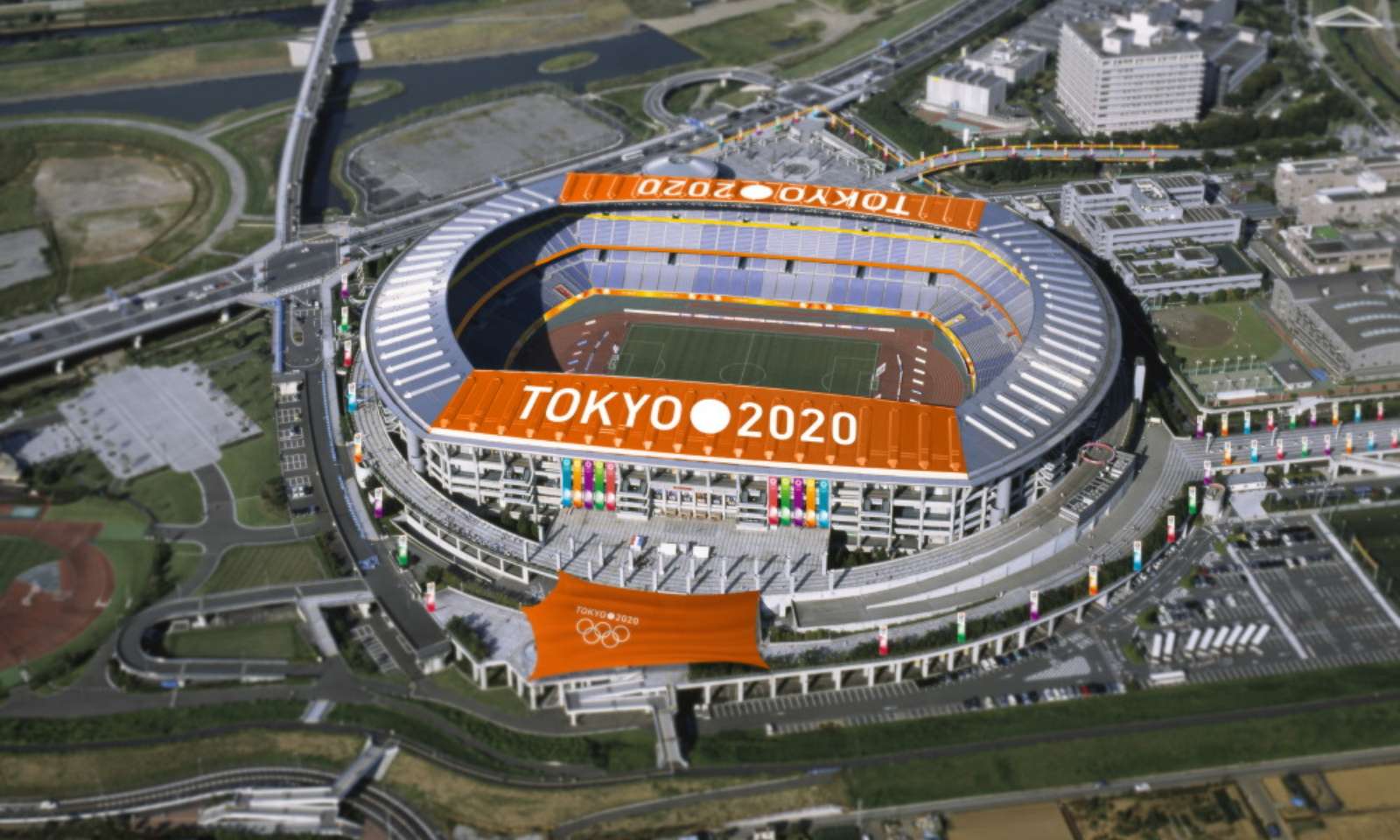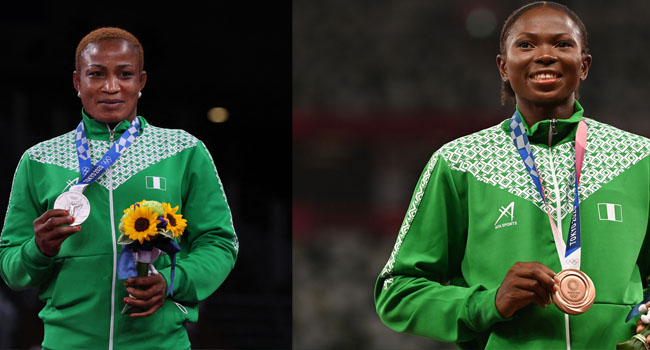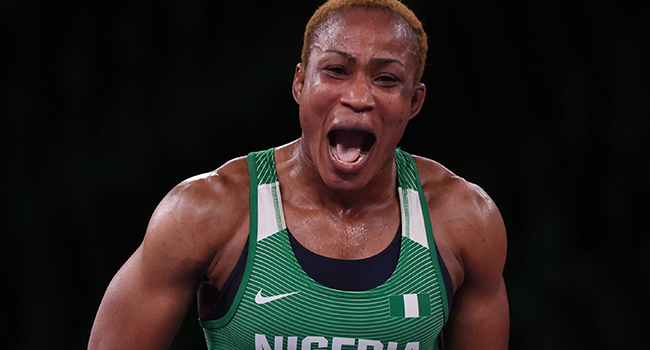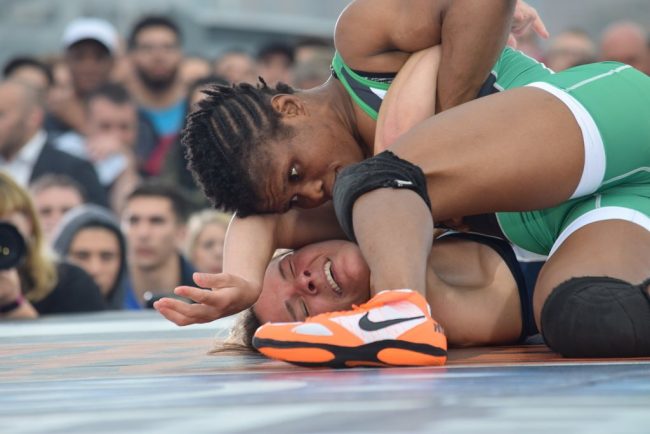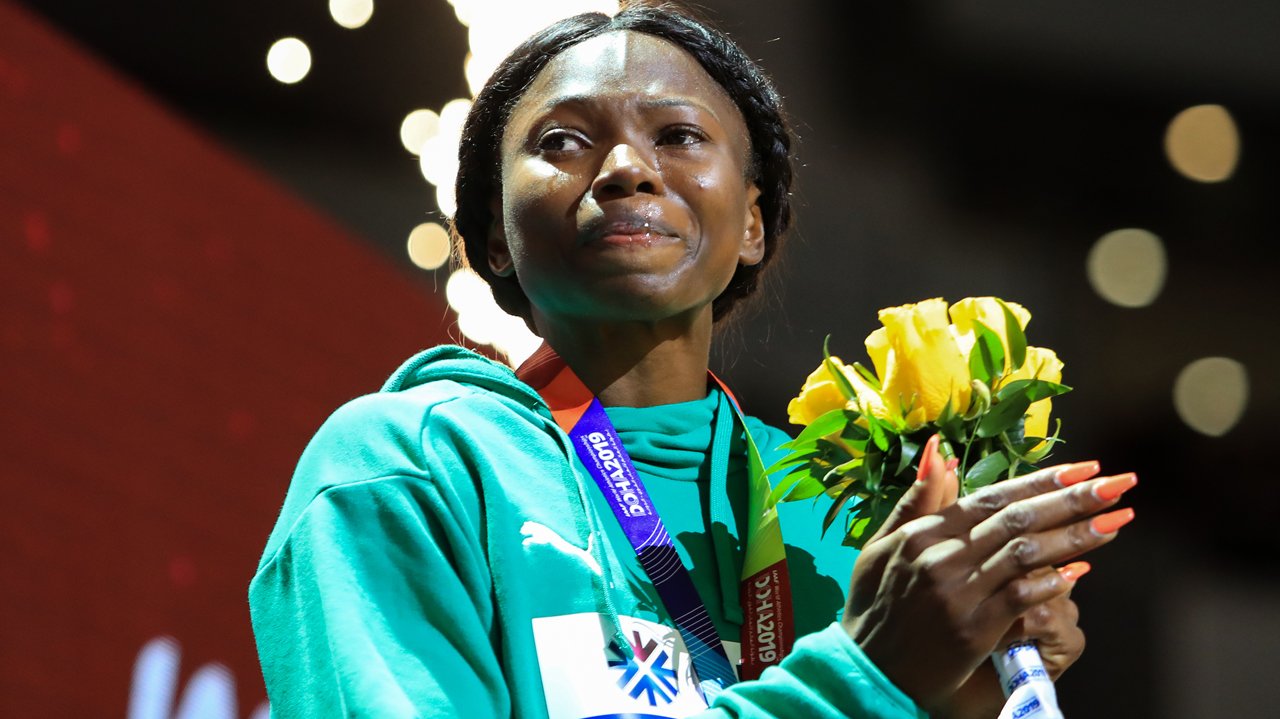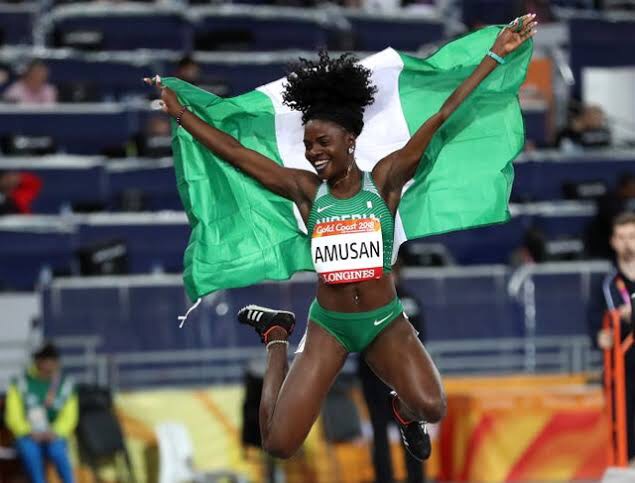Of the 11,326 athletes from 206 National Olympic Committees that competed in 339 events at the just-concluded 2020 Summer Olympics in Tokyo – Japan, two gold medalists, Gianmarco Tamberi of Italy and MutazEssa Barshim of Qatar, stand out amongst the 2,175 medal winners. Their win was outstanding not because the high jump event in which both athletes won their gold medals is spectacular in comparison to suspense-filled events like the 100-metre dash, nor was it because they both won gold medals in the same event (after all there have been several joint-gold medalists at previous Olympics). It was outstanding because of the manner of the win: both athletes mutually agreed to jointly share the gold medal, in what has been variously hailed across the world as: a rare moment of sportsmanship; the defining moment of the 2020 Olympics; the true spirit of Olympics competition; a rare instance in Olympic history; and the message of the Tokyo Olympics to the rest of the world.
To the eulogies that greeted their historic joint-win, 30-year old Barshim and 29-year old Gianmarco responded in unison that they decided to share the gold medal to prove to the young generation that in the true spirit of sportsmanship, “winning is not always about mentally breaking down your competition.” Indeed, not only did they prove that point, they also delivered a clear and concise message to the entire world on the need for mutual respect, cooperation, and good-neighbourlinessamongst opponents in any life endeavour, be it political, economic, or social.
For the benefit of those who may have missed the history-equaling occasion (the last mutually-agreed Olympic joint-gold medal win was in 1912, in the men’s pentathlon and decathlon events), here is a recap of the occasion of the joint-gold medal win by the said duo of Barshim and Gianmarco.
On that eventful day of August 1, 2021, the Olympics high jump event, like other field events, was progressing largely unnoticed by the mainly television-based audience (no thanks to Covid-19 pandemic restrictions), until a nail-biting struggle for supremacy ensued between the two frontrunners, Mutaz Essa Barshim and GianmarcoTamberi. Both had diligently cleared a height of 2.37 metres (7 feet, 9¼ inches), but when the bar was raised to the next level of 2.39 metres (7 feet 10 inches), none of them could scale the height even after three allowable tries. A stalemate had occurred.
Upon consulting their records in order to determine who amongst both of them had the best efforts in terms of the number of attempts it had taken to clear previous heights, again it was discovered that they were a perfect match: a draw. The officials then decided to go for a tie-breakerknown as the “Jump Off,” which would have required bothhigh jumpers to scale the previous height they had cleared at one attempt each, failing which the bar would be lowered and raised alternately until one jumper successfully scales a height at which the other had failed.
The Jump Off is the equivalent of a penalty shootout in the game of football, but unlike in football wherein a winner must emerge from the shootout, Olympics high jump rules allow for the competitors to choose the option of sharing the medal at stake. Apparently due to the high–improbability of a mutually–agreed joint-gold medal win, most high jumpers, including Gianmarco and Barshim, had not even bother to acquaint themselves with the existence of the option (also available to competitors in the pole vault event).
As fate would have it, just as the presiding official was explaining to both high jumpers the rules guiding the Jump Off, Barshim who had won bronze and silver medals at the 2012 and 2016 Olympic games in London and Rio respectively, must have thoughtfully considered the looming prospect of losing the gold medal, just as he may also have thought about his rival and friend, Gianmarco, who missed out on the 2016 Olympics due to injury. He then decided to ask the official the question which would change the course of events to the admiration of the sporting world: “Can we have two golds?”
The official nodded in affirmation and informed both athletes that it was possible only if they both agreed to a joint-sharing of the gold medal. Their response was a spontaneous eruption of wild jubilation. Their supporters and other spectators at the stadium soon joined in theuncontrollable display of raw emotions as they shed tears of joy, leapt high into the air, and rolled on the tuff, prompting an elated commentator to remark: “This is an absolutely insane night in the stadium.”
To Barshim and Gianmarco, who had been friends since 2010 when they first competed against each other at the World Junior Athletics Championships in Moncton – New Brunswick, Canada, there was no question of whether they both wanted to share the gold medal. Their body language said it all: Both of us deserve the gold medal having tied each other at the highest level of the game. And as both athletes hoisted their respective country’s flag over their heads in a victory lap around the stadium, the cheers of the approving crowd clearly denoted that this is the type of moments for which the Olympics are held every four years.
Watching the effusive joy and pervasive camaraderie at the stadium where Barshim and Gianmarco had unconsciously sent out a message of cooperation to the entire world, Yours Sincerely could not help but wonder why such good feelings were not pervasive in all sporting competitions, especially in the game of football where the rivalry is as fierce as it is unhealthy, to the extent of fuelling violent hooliganism. No doubt, the development offootball into a global money-spinning enterprise has occasioned a win-at-all-cost attitude on the part of players and teams, such that allegations of corrupt practices on the part of match officials have become rife. Certainly, the game of football now has a lot to learn from that of high jump as exemplified by Barshim and Gianmarco, especially in respect of the need for fair play, humility in victory, and magnanimity in defeat.
By their mutually–agreed joint-win, Barshim and Gianmarco have demonstrated that the old adage of loving one’s neighbour as oneself is still as important as ever, even in a world of selfishness and reckless individualism. It also goes to show that across the world, sports competitors would like to see their opponents succeed given an environment of fair-play. Perhaps, this explains the preponderance of violence in football, whose fans rightly or wrongly believe allegations of impropriety often leveled against opposing teams and match officials. Therefore, the global football governing authorities – Federation of International Football Associations (FIFA) should borrow a leaf from the Olympics high jump event by making it possible for teams to share honours evenlyin a stalemated match, rather than subject them to the dreaded penalty shootout, with the outcome hinging on one luckless player, or a fortunate one, missing or converting a penalty kick, respectively.
In the General society, the Barshim–Gianmarco example could find replication in the aspect of conflict resolution. It is generally held that conflict is an inherent phenomenon in every society, and that together with cooperation they form the dualities of societal interaction. Oftentimes, conflicts arise from competition for scarce socio-economic resources, or the pursuit of mutually incompatible values and purposes. More often than not, competing parties resolve their differences to their mutual satisfaction, but when they seek to resolve them to their exclusiveadvantage, a crisis situation develops. Largely, crises occur when conflicting parties insist on defending their particularistic position or perspective in a given situation without regard to the interest of others. Crises also occur where actors seek to compel others to change their stance or perspective on issues without corresponding changes on their own part.
Essentially, the Barshim–Gianmarco example has shownthat it is the inability of social actors to effectively mediate conflicts that often breeds crisis and related violence in society. For, had both athletes been denied the opportunity of sharing the gold medal, either of them would have won it exclusively, thus denying the hard-fighting loser and his supporters as well as the viewing audience the opportunity of sharing in the euphoria that eventually greeted their joint–victory.
Applied on a global scale, the Barshim–Gianmarcoexample could go a long way towards ameliorating violent conflicts as cooperation replaces confrontation, while mutual accomplishment substitutes selfish–exclusiveness.The benefits of such mutual cooperation will, undoubtedly, be keenly felt on the African continent, which is presently riddled with violent conflicts – most of them precipitated by inter-ethnic struggle for control of the natural resources of the various countries – a phenomenon known in academic circles as resource–curse.
And, nowhere in Africa will the effective application of the Barshim-Gianmarco example be better appreciated than in Nigeria, the continent’s most populous country presently reeling under the assault of centrifugal forces in the forms of virulent ethnocentrism, separatism, and war-mongering. Confronted with the realization that they stand to gain nothing from the disintegration of their human and material resource-endowed country, and also that the options of negotiation and cooperation are far superior to those of belligerency and bellicosity, the Nigerian centrifugal forces will have no option than to join hands with their centripetal opponents to build a united and prosperous country.
A Brief Biography
Dennis Onakinor hails from Uromi in Esan North-East LGA of Edo State, Nigeria. A self-styled “natural historian,” he holds a B.Sc. degree in Political Science from the University of Nigeria, a Master of Public and International Affairs degree from the University of Lagos,and an MBA degree from Ambrose Alli University, Ekpoma. Over a period of two and half decades, he served in the now-defunct Peoples Bank of Nigeria, Citibank (Citigroup), and Access Bank PLC. He presently lives in Lagos – Nigeria with his family of three.

